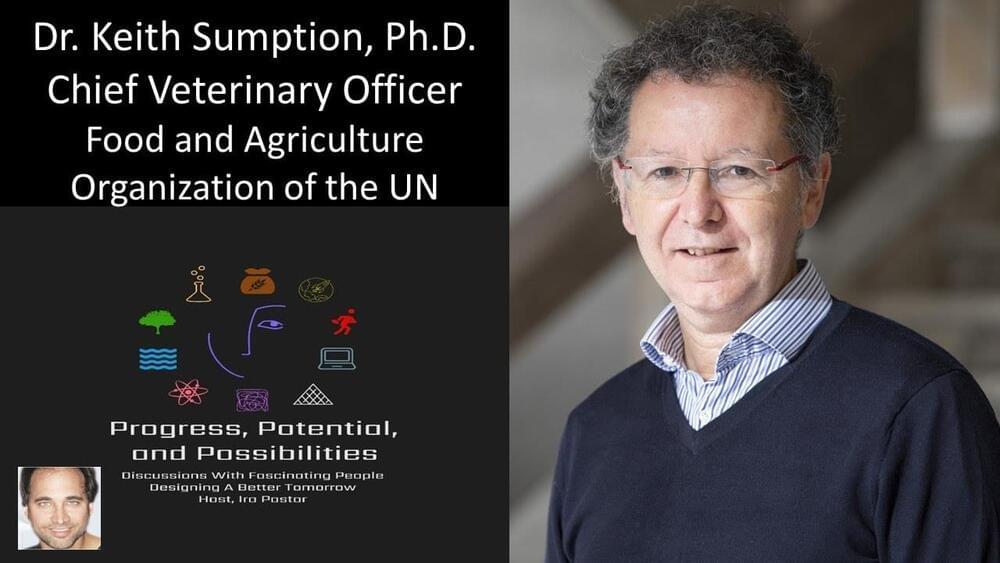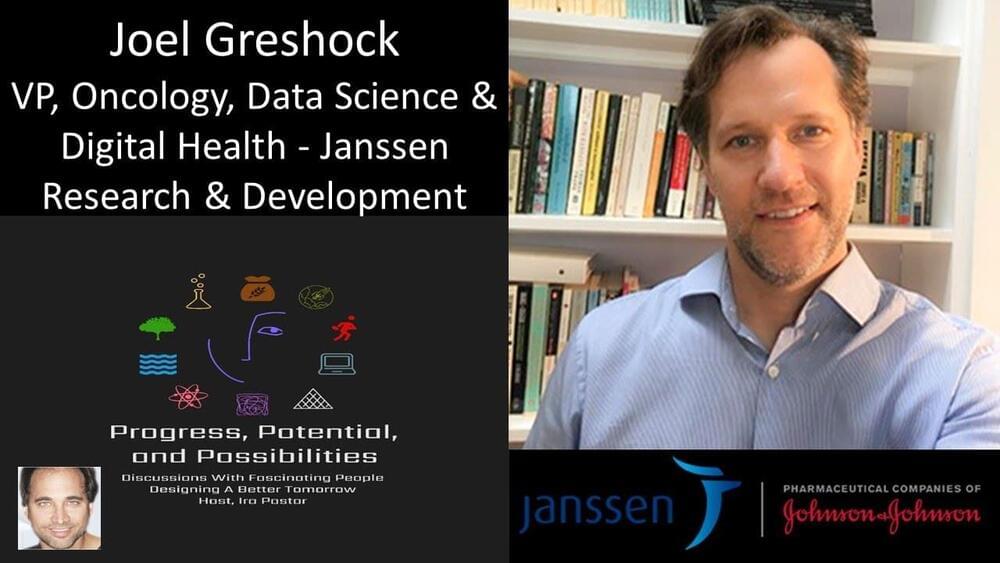Contribution of exercise to brain resilience.
Dropbox is a free service that lets you bring your photos, docs, and videos anywhere and share them easily. Never email yourself a file again!
Contribution of exercise to brain resilience.
Dropbox is a free service that lets you bring your photos, docs, and videos anywhere and share them easily. Never email yourself a file again!
A new University of Illinois project is using advanced object recognition technology to keep toxin-contaminated wheat kernels out of the food supply and to help researchers make wheat more resistant to fusarium head blight, or scab disease, the crop’s top nemesis.
“Fusarium head blight causes a lot of economic losses in wheat, and the associated toxin, deoxynivalenol (DON), can cause issues for human and animal health. The disease has been a big deterrent for people growing wheat in the Eastern U.S. because they could grow a perfectly nice crop, and then take it to the elevator only to have it get docked or rejected. That’s been painful for people. So it’s a big priority to try to increase resistance and reduce DON risk as much as possible,” says Jessica Rutkoski, assistant professor in the Department of Crop Sciences, part of the College of Agricultural, Consumer and Environmental Sciences (ACES) at Illinois. Rutkoski is a co-author on the new paper in the Plant Phenome Journal.
Increasing resistance to any crop disease traditionally means growing a lot of genotypes of the crop, infecting them with the disease, and looking for symptoms. The process, known in plant breeding as phenotyping, is successful when it identifies resistant genotypes that don’t develop symptoms, or less severe symptoms. When that happens, researchers try to identify the genes related to disease resistance and then put those genes in high-performing hybrids of the crop.
Google announced a new open source program called Open Health Stack for developers to build health-related apps. These tools, unveiled at the company’s “The Check Up” special event this week, include a Software Developer Kit (SDK) for Android and design guidelines for health apps.
The search giant said that the stack is centered around the Fast Healthcare Interoperability Standards (FHIR) standards. This makes it easier for developers to capture the information and healthcare workers to access that. FHIR has been adopted by a lot of major electronic health record (EHR) providers.
The Open Health Stack gives developers access to Android FHIR SDK to build secure apps that can also work offline; a design guide to help developers make data capture easy; and FHIR Analytics to derive insights complex structure of the framework and FHIR Info Gateway to assign role-based access of data to various stakeholders. The last two components are available under early access, and Google is developing more features within both.

One Health Approaches To Prevent Zoonoses & Antimicrobial Resistance — Dr. Keith Sumption, Ph.D. — Chief Veterinary Officer and Leader of the Animal Health Program; Director, Joint Centre for Zoonoses and Anti-Microbial Resistance (CJWZ), Food and Agriculture Organization of the United Nations (FAO)
Dr. Keith Sumption, Ph.D. is Chief Veterinary Officer and Leader of the Animal Health Program at the Food and Agriculture Organization of the United Nations (FAO — https://www.fao.org/home/en) as well as their Director of the Joint Centre for Zoonoses and Anti-Microbial Resistance (CJWZ).

Driving Toward the Elimination of Cancer — Joel Greshock — VP, Oncology, Data Science & Digital Health, Janssen Pharmaceutical Companies of Johnson & Johnson.
Joel Greshock is VP, Oncology, Data Science & Digital Health, Janssen Research & Development (https://www.janssen.com/oncology/leadership-team). In this position, he is responsible for creating unique and actionable medical insights using large and increasingly available datasets. The focus of this research includes discovering novel therapeutic targets, identifying areas of unmet medical need, and enhancing clinical trial recruitment and execution.

Reliable carbon-free power for the world — michelle catts, senior vice president, nuclear programs, ge-hitachi nuclear energy.
Michelle Catts is the Senior Vice President of Nuclear Programs at GE-Hitachi (GEH — https://nuclear.gepower.com/) located in Wilmington, NC.
The machines could help to “drastically increase the efficiency of the farming industry.”
In farming, weeds can strangle crops and destroy yields. Unfortunately, spraying herbicides to deal with the intrusive plants pollutes the environment and harms human health and there simply aren’t enough workers to tackle all the weeds by hand.
A new startup called FarmWise has come up with a solution: autonomous weeding robots that use artificial intelligence to cut out weeds while leaving crops untouched, according to an MIT report published on Thursday.
A new paper in Nature Communications illuminates how a previously poorly understood enzyme works in the cell. Many diseases are tied to chronic cellular stress, and UMBC’s Aaron T. Smith and colleagues discovered that this enzyme plays an important role in the cellular stress response. Better understanding how this enzyme functions and is controlled could lead to the discovery of new therapeutic targets for these diseases.
The enzyme is named ATE1, and it belongs to a family of enzymes called arginyl-tRNA transferases. These enzymes add arginine (an amino acid) to proteins, which often flags the proteins for destruction in the cell. Destroying proteins that are misfolded, often as a result of cellular stress, is important to prevent those proteins from wreaking havoc with cellular function. An accumulation of malfunctioning proteins can cause serious problems in the body, leading to diseases like Alzheimer’s or cancer, so being able to get rid of these proteins efficiently is key to long-term health.
The new paper demonstrates that ATE1 binds to clusters of iron and sulfur ions, and that the enzyme’s activity increases two-to three-fold when it is bound to one of these iron-sulfur clusters. What’s more, when the researchers blocked cells’ ability to produce the clusters, ATE1 activity decreased dramatically. They also found that ATE1 is highly sensitive to oxygen, which they believe relates to its role in moderating the cell’s stress response through a process known as oxidative stress.
A pilot trial by investigators from Brigham and Women’s Hospital, a founding member of the Mass General Brigham health care system, tested the nasal administration of the drug Foralumab, an anti-CD3 monoclonal antibody. Investigators found evidence that the drug dampened the inflammatory T cell response and decreased lung inflammation in patients with COVID-19. Further analysis showed the same gene expression modulation in patients with multiple sclerosis, who experienced decreased brain inflammation, suggesting that Foralumab could be used to treat other diseases. Their results are published in the Proceedings of the National Academy of Sciences.
“We discovered a way to shut down inflammation not only seen in COVID-19, but also in a patient with multiple sclerosis as well as in healthy patients,” said lead author Thais Moreira, Ph.D., an assistant scientist at the Ann Romney Center for Neurologic Diseases at BWH and an instructor in Neurology at Harvard Medical School. “This is very exciting because not only does our study suggest that this new monoclonal antibody drug is safe and can modulate the immune system without major side effects, but it can also decrease inflammation in multiple realms, so it may be useful for treating other diseases.”
“Inflammation is a major cause of many diseases,” said senior author Howard Weiner, MD, founder and director of the Brigham Multiple Sclerosis Center and co-director of the Ann Romney Center for Neurologic Diseases. “Our center has spent decades looking for novel ways to treat disease where there is abnormal inflammation in a way that is safe and effective.”
The health of the heart and blood vessels is vital to body function. Early screening can help people understand their risks and potentially prevent adverse health outcomes.
Testing cholesterol levels is important, but another test can further help identify the risk for cardiovascular disease: apolipoprotein B-100 (ApoB) levels. This protein helps transport cholesterol throughout the body.
Testing for the level of this protein in the blood may help identify people who are more at risk for cardiovascular disease, even when cholesterol levels are normal.